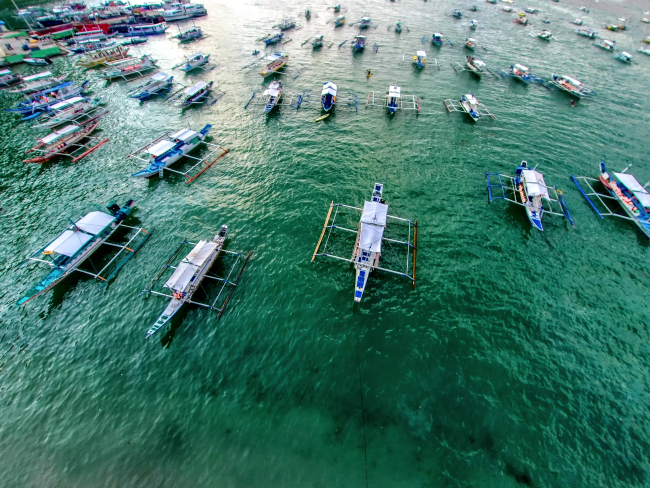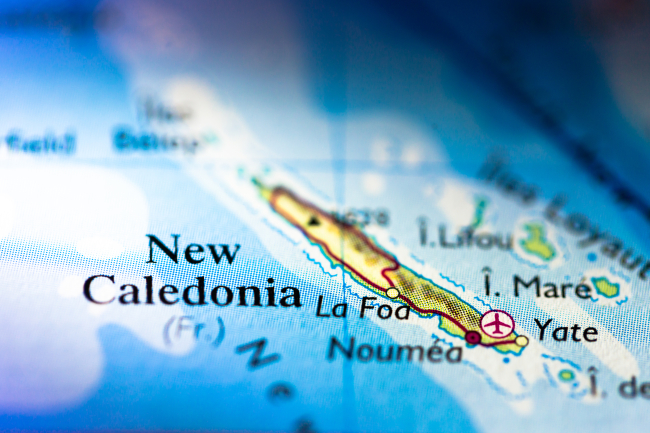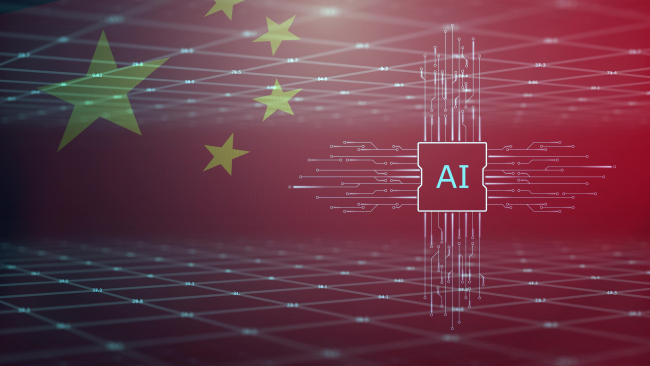Whither China After 10 Years of Economic Policies Guided by Xi?
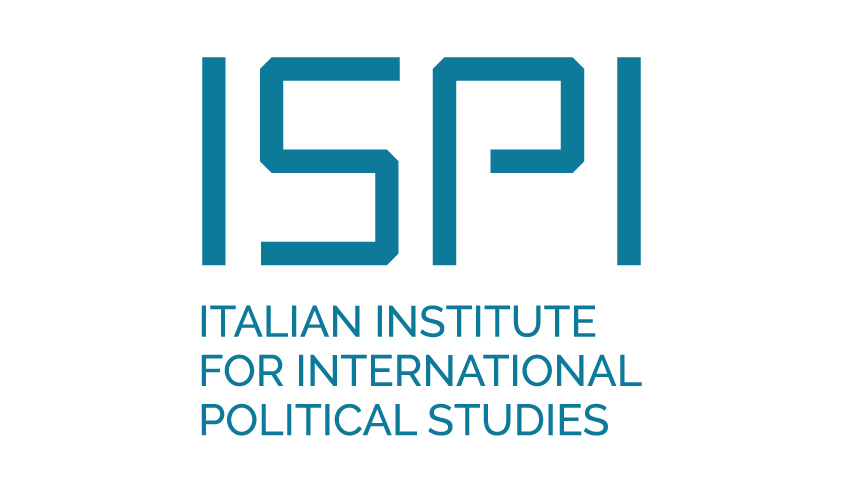
As the 20th national congress of the Chinese Communist Party (CCP) draws closer, this is an opportune moment to appraise China’s economic achievements over the past decade under President Xi Jinping’s guidance and to identify the challenges the country will have to address during the next five years.
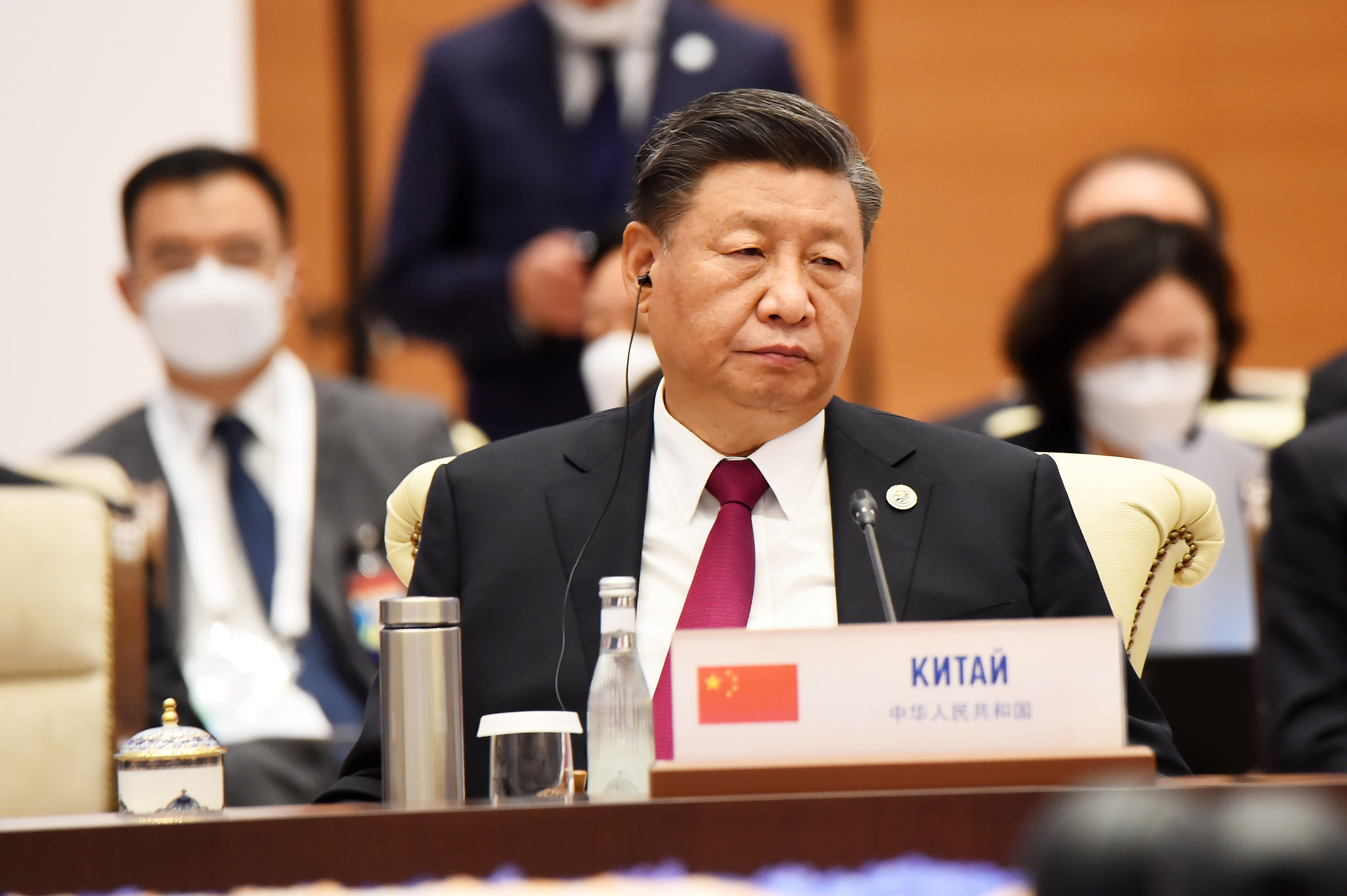
Deteriorating economic performance
China’s economic performance over the last decade is rather mixed: although the nation has confirmed its position as an upper middle-income economy and has managed to upgrade technologically – as exemplified by the success of its space policy, for instance – it still faces challenges, such as the need to rebalance its growth model by reducing its dependence on investment and exports, the persistence of trade frictions with the United States, rising unemployment primarily among 16- to 24-year-olds, and a deepening real estate crisis, deemed by some analysts as a time bomb that could undermine the whole economy.
As a consequence, China has recorded a dramatic drop in economic growth. With a revised figure of 3.3% in 2022, Beijing has missed the target of 5.5% set in March 2022 and will experience its lowest growth since the country opened up and reformed its economy in 1978. Forecasts for the coming years hover around 5%, significantly lower than figures for the previous four decades, when GDP growth averaged over 9% a year.
To be fair, China could not be expected to match the breakneck speed of growth it achieved when income levels were much lower. However, rather than a gradual slowdown, the country is experiencing a free fall in economic performance. Distortions to domestic consumption and global supply chains resulting from the COVID-19 pandemic and the war in Ukraine have badly affected China, but the decline predates the pandemic and suggests that much of the loss of momentum has been structural rather than cyclical.
The double shift in Xi Jinping’s economic policies
When Xi rose to power, nobody knew what to expect from him in terms of economic policy. One decade later, Xi has clearly demonstrated that he is far from being liberal-minded. In addition, since around 2016 he has been increasingly involved in economic policy design through Liu He, a close ally of his, who has held the position of vice-premier in charge of economic policies.
The first striking feature in Xi’s economic policies is a gradual shift away from openness and reform towards an inward-looking strategy based on self-reliance. In the “dual circulation” strategy, although China officially rejects any form of decoupling and seeks to remain connected to the rest of the world through trade, it also aims to insulate itself from unexpected disruptions and pressures, primarily from the United States. Internal circulation is therefore ensured through two major channels: the promotion of domestic consumption as an engine of growth that will enhance the country’s autonomy, and support for indigenous technologies. Emphasis has so far been placed on the latter rather than on the former.
A second major shift relates to the decline of economic growth as a priority objective. In the past, the CCP’s legitimacy relied on strong economic outcomes, and the promise of a better future for the population was offered in exchange for their support. Under the current deteriorating economic situation, political stability, achieved through tight party control over the economy and society at large, has surpassed growth as the number one objective.
Such a shift towards more ideologically-motivated economic policies accounts for several decisions in the past few months that have perplexed foreign corporations and investors, who have been puzzled in particular by China’s crackdowns on huge internet platform companies (especially online tutoring) and on real estate developers – arguably the two business sectors responsible for the biggest portion of the country’s economic growth over the past decade. Though authorities justified the clampdown on technology companies by accusing them of anticompetitive behaviour, bad working conditions, and data security and privacy breaches, the intervention was primarily the result of Xi’s obsession with control.
Under Xi Jinping, the CCP has tightened its grip over the economy. This has led to a gradual shift in the balance between ideology and pragmatism; while the latter systematically prevailed over the former in the past, this is no longer the case under Xi Jinping, and ideology now trumps everything else.
The next economic czar will have a lot on his plate
The forthcoming Congress will lead, among other things, to the designation of a new economic czar. Whoever succeeds the current one, Liu He, will have the daunting task of addressing a combination of short-term and longer-term issues. Without a doubt, getting the country out of a Zero-Covid strategy that has clearly become excessively costly and socially unacceptable is the most pressing challenge ahead.
The longer-term issues topping the priority list are the real estate crisis and rebalancing the economy, allowing domestic consumption to play a larger role. The necessary policies to solve these two major problems will neither be easy to design nor to implement as they will be affected by demographic constraints resulting from a rapidly ageing population and a shrinking workforce. Demography probably ranks among the most powerful headwinds the Chinese economy will have to deal with in the coming decades.
As if all these challenges were not enough, when selecting his policy options, the next economic czar will have to make sure they are in line with Xi Jinping’s thought, and this makes the task even more daunting.
> Read the commentary on ISPI's website.

Available in:
Regions and themes
Share
Related centers and programs
Discover our other research centers and programsFind out more
Discover all our analysesThe Case for Enhanced France-Philippines Maritime Cooperation
France and the Philippines, two Indo-Pacific nations, can capitalize on their shared interests, needs, and expertise in maritime security and governance, ultimately fostering strategic rapprochement.
France’s maritime security cooperation in the Pacific
France plays a significant role in Pacific maritime security, particularly through the active participation of its overseas territories and the contribution of its stationed armed forces to regional cooperation initiatives.
Taiwan’s Rising Space Program: Building Up Industry, Supporting National Security
Taiwan, known for its leadership in semiconductors and information and communications technology (ICT), is now making significant strides in the space industry. While historically modest, Taiwan’s space program has seen a transformation since 2020, driven by President Tsai Ing-wen’s commitment to expanding the country’s space capabilities. Key milestones include the passage of the Space Development Act and the creation of the Taiwan Space Agency (TASA), which has bolstered the resources and visibility of Taiwan’s space ambitions.
AI and Technical Standardization in China and the EU: Diverging priorities and the need for common ground
Given the highly disruptive potential of AI, global cooperation on AI safety and governance is imperative, and yet the deeply transformational potential of AI also ensures that a high level of competition and systemic rivalry is likely unavoidable. How can the EU best manage its complex relationship with China in the field of AI so as to ensure a necessary level of cooperation in spite of competition and rivalry?









